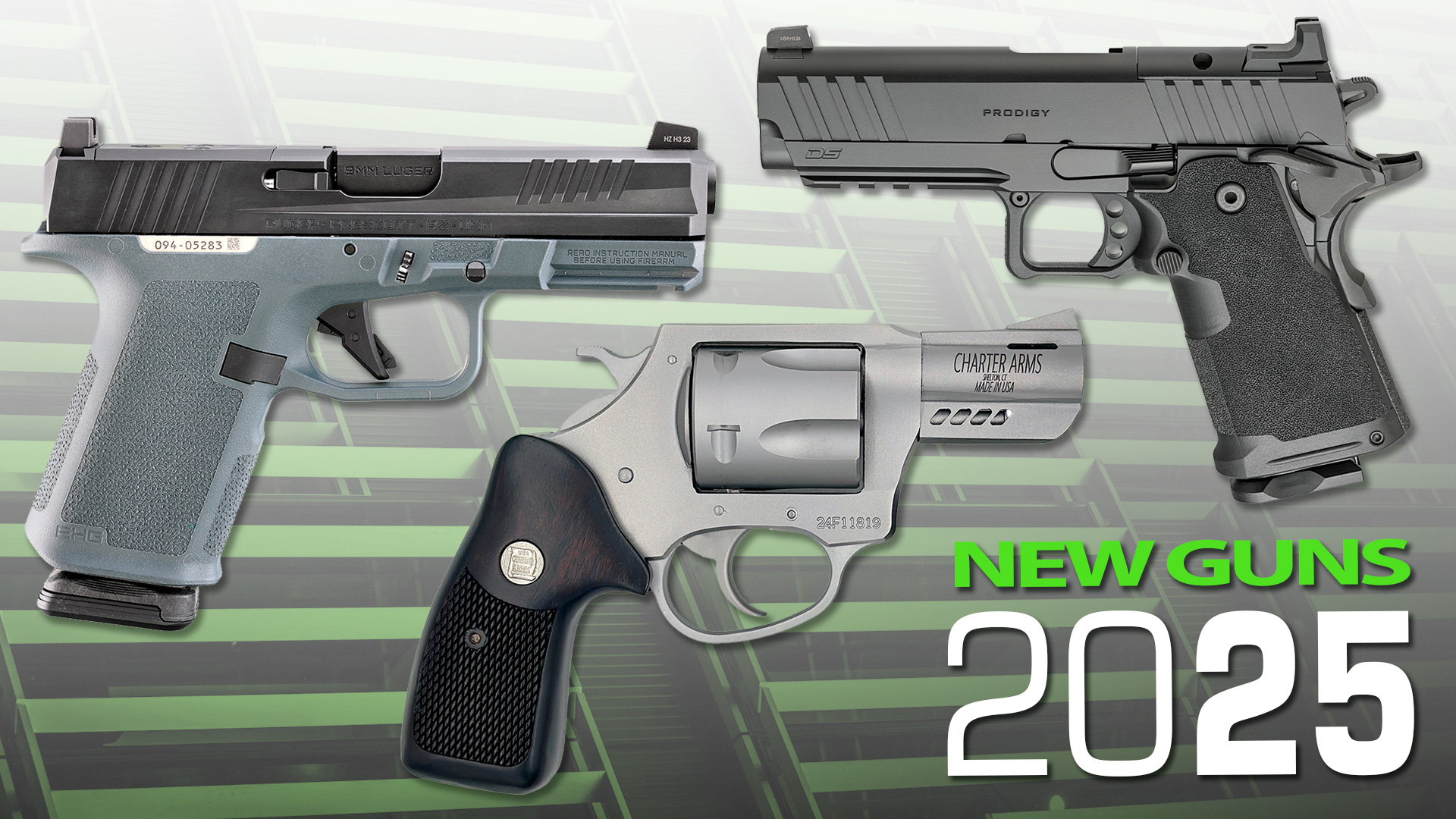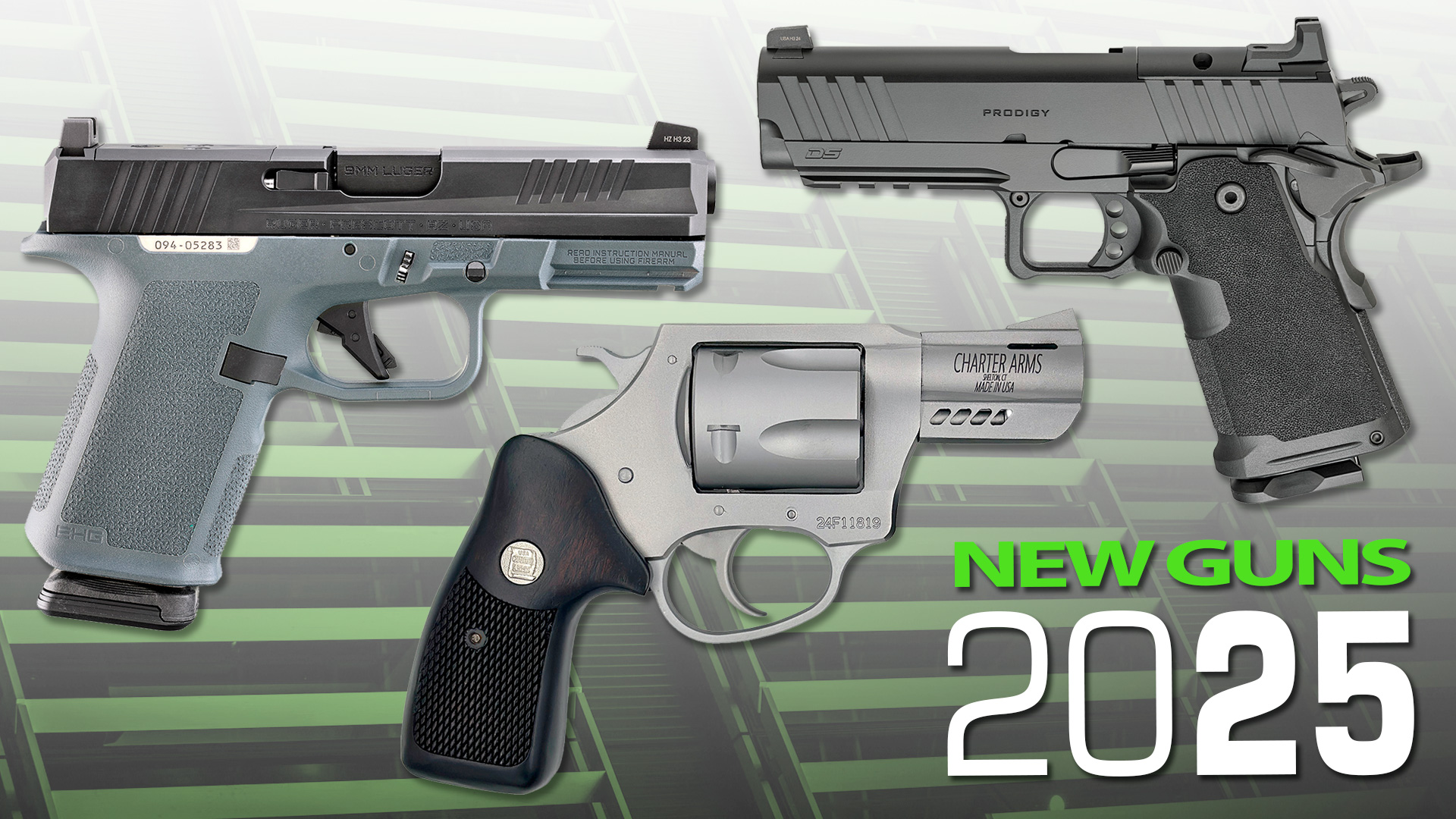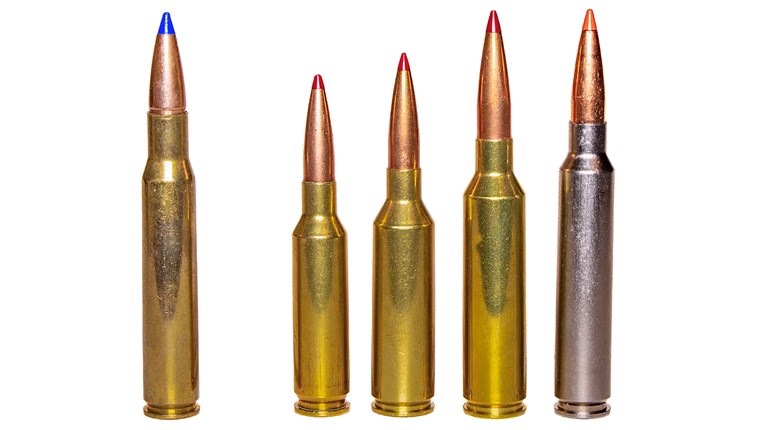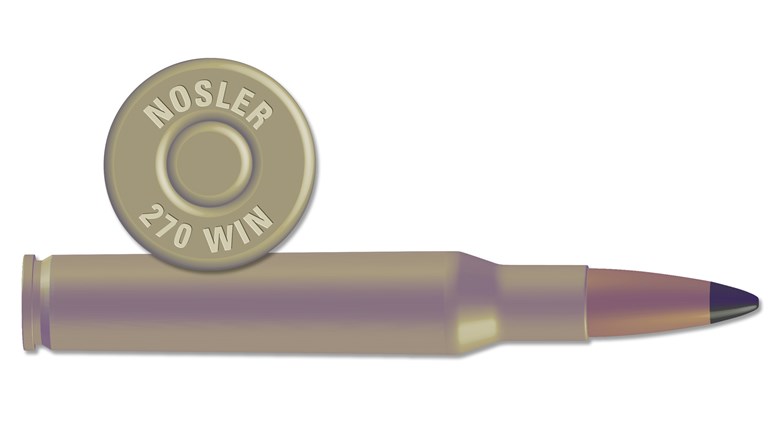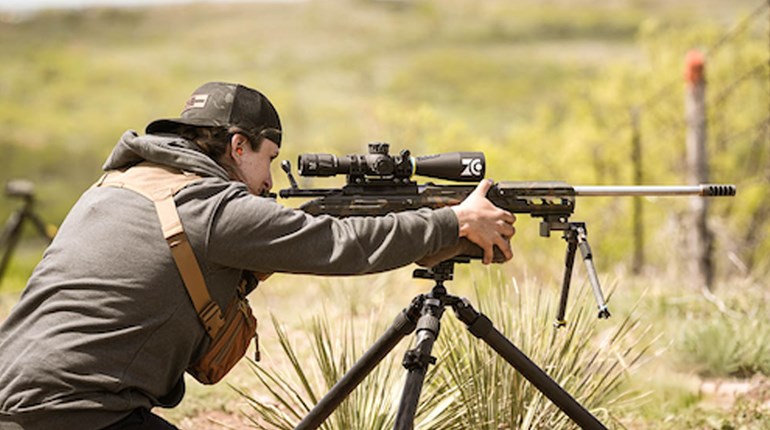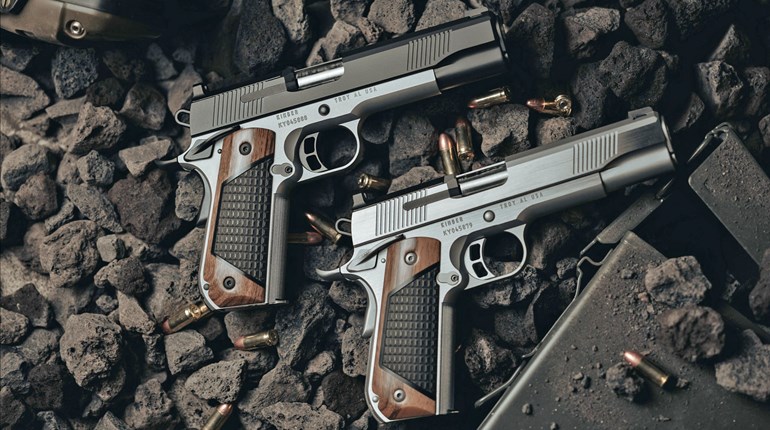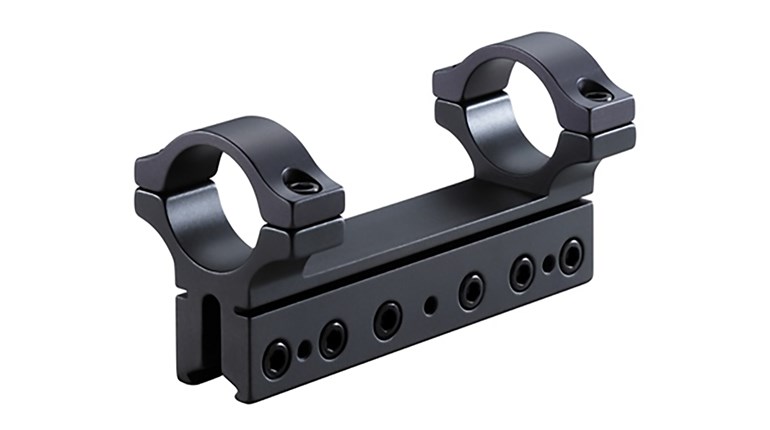
If you’re keeping a rifle handy for the end of days or some type of cataclysmic social collapse, you should probably have some ammunition for it that’s loaded with Nosler Partitions. This was arguably the first premium rifle projectile, and is generally considered a bullet just for big-game hunting. However, the Partition is much more than that; it has application in the tactical arena and might best be described as a general-purpose rifle bullet. To fully appreciate it and its capabilities, you need to know its story.
In 1946, John Nosler went hunting for moose up North in British Columbia. He found a big bull and at a close range smacked him right behind the shoulder with his .300 H&H. The bull just turned and looked at Nosler. So, he shot the bull again and it ran. As it was running away, Nosler hit it twice more. Ultimately, several more shots were required, and when he and his guide skinned the moose, they found that several of the bullets just barely made it through its mud-caked hide. Nosler’s rifle was just too powerful for the thinly jacketed bullets he was shooting.
While Nosler was waiting to come home, he drew out an idea for a new bullet on a napkin. (Why does it always seem great ideas are first forged on napkins?) His concept was for a bullet that was essentially two bullets in one: it would penetrate deeply, while upsetting in a controlled manner. The first Partition was created by drilling a hole in each end of a short section of copper rod, and then filling each cavity—on each side of the wall/partition—with lead. Then the bullet was formed to shape with a die press.
Nosler went back to British Columbia the next year and shot another moose with his new bullet. One shot was all it took. Word got out, and soon lots of hunters wanted his bullets. But, during the Korean War, lead and copper were hard to find; it was 1952 before Nosler could really get serious about them. Since then, the Partition has been refined and perfected and is now made via an extrusion process. Nosler currently offers 36 Partition bullets, in 14 calibers, with weights ranging from 60 to 500 grains. It’s considered one of the best big-game bullets and the grandfather of all premium projectiles.
For law enforcement and self-defense applications, the ability for a bullet to defeat intermediate barriers is important. This is true with low-velocity handgun bullets that might need to shoot through several layers of clothing, wallboard or automotive glass. But, it’s also important with high-velocity rifle bullets. Police sharpshooters might need to shoot through glass or even a wall to neutralize a threat. These same concerns can sometimes apply to anyone relying on a rifle for personal protection.
While intermediate barriers are tough on low-velocity handgun bullets, they’re even harder on rifle projectiles impacting at two to three times the velocity. Auto glass and masonry walls can rip rifle bullets apart. This is where the dual-bullet construction of the Nosler Partition comes into play, and I conducted a test that illustrates its benefits.
I wanted to see how rifle bullets could withstand impact with a concrete block, and how much they would deviate from point-of-aim after passing through the block. I fired the bullets at a 50-yard target to establish point-of-impact. Then, I placed a 6-inch-wide concrete block 4 feet in front of the target. By extending a crosshair out to the edges of the target for reticle reference, I could maintain the same point-of-aim when the block was intervening.
The first bullet was a 168-grain Sierra HPBT Match bullet; a bullet commonly used by law enforcement in .308 Win. designated-marksmen rifles. Though it will penetrate 20 inches or more in 10-percent ordnance gelatin, it failed to remain intact after hitting the block. A large piece of its mangled jacket was found stuck in the cardboard target. The second bullet was a 180-grain bonded bullet from Federal. Those seeking barrier-blind bullets often turn to bonded bullets in handguns and rifles, as they will not come apart when passing through intermediate barriers. The 180-grain bonded bullet reached the target, but on average the point-of-impact shifted 3.75 inches.
The last bullet was a 165-grain Nosler Partition. Due to the gilding metal partition/wall between the bullet’s front and rear cores, the results with the Partition were a differ-ent story. It shed the front core while passing through the cinder block—like Nosler Partition bullets are supposed to do—but the intact rear core continued on, passing through the target, deviating only 1 inch from the point-of-impact when no cinder block barrier was in place.
The Partition will shed about 30 to 40 percent of its weight during penetration, but this transfer of miniscule lead particles is what makes it so lethal. The Partition will usually upset to about 1.5 times original diameter and penetrate very well. Volume wise, Partition wound cavities are generally larger than those created by other bullets of the same weight when impacting at the same velocity.
Factory ammunition loaded with Nosler Partitions is available for rifle cartridges like the .223 Rem., 22 Nosler, 6.5 Creedmoor and .308 Win. It might not be the newest thing, but the Partition is a bullet that works. I consider it one of the best general-purpose rifle bullets available.










